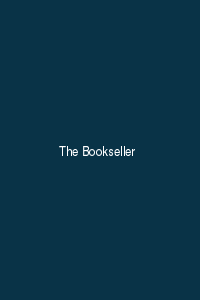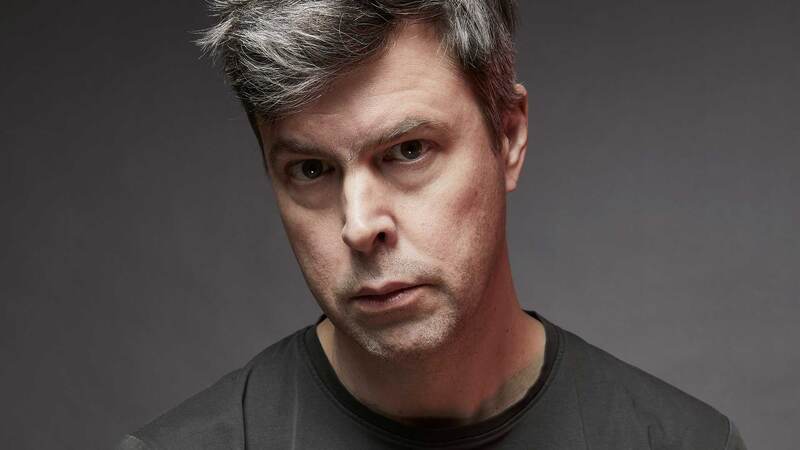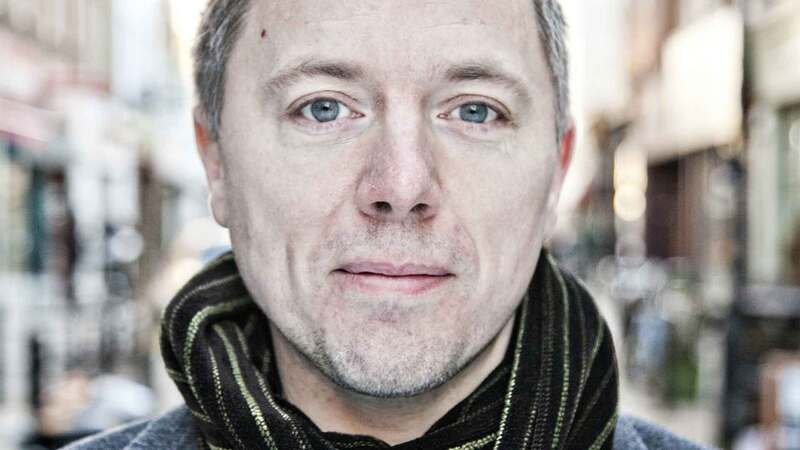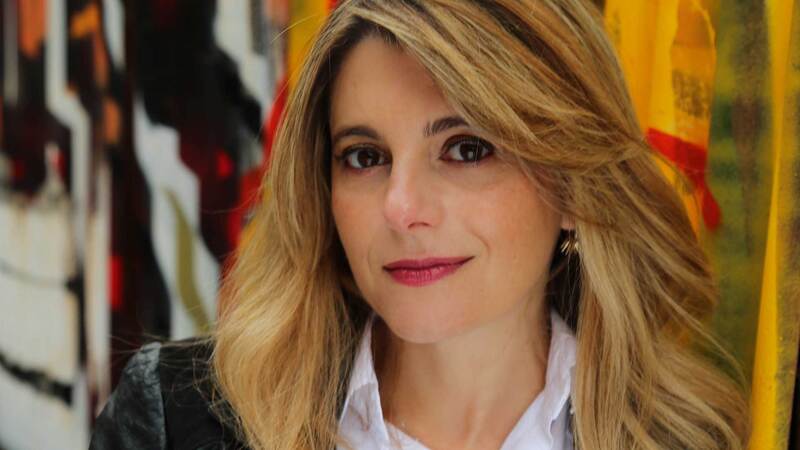You are viewing your 1 free article this month. Login to read more articles.
Evie Muir in conversation about burnout, trauma and taking a new approach to rest
Doncaster-born and Sheffield-based activist and writer Evie Muir’s first book takes a radical look at burnout and argues that to truly deal with it, we must heal society first.
Can you talk about Radical Rest: its main themes and why you decided to write it?
I don’t think I know a single person who isn’t in, or trying to claw themselves out of, the depths of burnout. It has become such a normalised feature of our existence and yet the severity of it continues to be dismissed. That’s the why.
Mainstream narratives around burnout reinforce the idea that it’s an individual failure, something we can “self-help” or “self-care” ourselves out of, so that we can return to being productive workers under capitalism. Radical Rest attempts to demystify this by platforming burnout as a social-justice issue. It documents my journey of burnout through a Black feminist, abolitionist, nature-allied and anti-capitalist lens, and centres the demographics of people I argue are disproportionately impacted; Black, people of colour (POC), queer and disabled activists.
Why do you think it is so prevalent across society now?
I don’t think burnout is a new phenomenon, but that is the beauty of language: it offers us a way to better understand the politics in which our realities are situated.
The prevalence of burnout is nothing more than a personal, political and planetary response to systems of white supremacy and racial capitalism [capitalism seen through the exploitation of marginalised racial groups]—a response which evidences how unsustainable and damaging a system they are. As a global society we are experiencing and witnessing a relentless onslaught of structural violence.
In the last three years alone, we have faced an ongoing pandemic, a cost-of-living crisis following a decade of austerity, a rise in fascist policies which sanction state and police violence against the most vulnerable members of society, an imminent environmental collapse and abject suffering amid the genocides of Palestinian, Sudanese, Congolese and Haitian people.
That we are burning out amid these chipping aways and erosions of humanity is a normal response. Yet racial capitalism not only manufactures such atrocities, it also denies us the space and time to grieve, heal, rest. We are expected to return to “normal” quickly and maintain a facade of productivity. This ensures we have no opportunity to question whether any of this is normal.
Do you think we as a society really know what burnout is?
There is no official definition of burnout out there: the NHS reductively calls it stress, for example, yet there have been countless pieces of research dating back to the early Noughties that document its true impact. Studies find that the brain reacts to burnout in the same way it does to trauma, and this tells us that life and work under racial capitalism is traumatising us. The reluctance to define burnout seems intentional, as doing so would require systems to acknowledge their own failure.
It would also require our response to burnout to change. Those of us who have experienced trauma know that recovery is a lifelong endeavour, and you cannot begin to heal while still interacting with the perpetrator. Yet when we burn out, there is no escape from the traumas of racial capitalism. It keeps us in survival mode.
I am conscious not to prescribe the pathologisation of burnout. Rather, a recognition that burnout is nothing more than a symptom of a sick society ensures we are not victim-blaming individuals for not being resilient enough, but instead exposing the complicity of every institution that upholds a capitalist system of harm.
What steps can be taken to recover from burnout?
My initial response to this question was “overthrow racial capitalism”. I’ll preface this by saying, when talking about personal approaches to burnout, it is important we don’t fall into the traps of neoliberal individualism and capitalist consumerism, which offer expensive spa days or wellness retreats, just so we can return to being productive workers.
This is where the “radical” in Radical Rest comes into it. Angela Davis tells us that “anybody who cares about making a change in this world, has to know how to take care of himself, herself, themselves”. Through a Black feminist and abolitionist pedagogy, we begin to see that our healing is necessary, so that we have the physical and emotional strength to resist systems of oppression.
So, embarking on the journey of healing pre-existing traumas is a first step. An embodied, nature-allied approach to this allows us to decentre capitalism—which wants us to be disassociated and detached from our bodies and the land—as we do so. I’ve found that what follows is something just beautiful. Our capacity to envision and reimagine alternatives to the status quo widens. Burnout is a numbing, hopeless state of being, and the ability to harness radical imagination is where I find my aliveness.
But, we should never be healing alone. Finding community and practising community care is foundational to this. In my experience, by virtue of being well versed in the practice of tearing down and building anew, it is abolitionist spaces which best nurture the unlearning and relearning of self and society.
Can you tell me about Peaks of Colour and why you decided to found it?
It is becoming increasingly difficult to answer this question because the experimental nature of our work means we have evolved and deepened beyond what we set out as. But, we’re a nature-for-healing grassroots community group, by and for people of colour, based in the Peak District. Our work sits on the intersection of racial, gendered and land justice and, through holistic “walkshops” set in nature, explores alternative routes to healing and justice for those with racialised and gendered trauma.
I founded it in response to the racial traumas of 2020, and the ways that on a global and local scale we were all becoming increasingly disconnected from ourselves, each other and the land. It was a time of immense grief and isolation, but also of contradiction. We were in lockdown and being permitted one walk a day, yet only 1% of POC accessed national parks, and far-right groups were marching with White Lives Matter banners in the Peaks.
“Black Square Summer” saw an unprecedented amount of white people pledge their commitment to anti-racism only for Black communities to emerge more traumatised, overworked and exhausted than before. We needed spaces for community, rest, for healing, for nature connection, for dreaming. Peaks of Colour was my informal yet intimate invitation for people to join me on this journey.
Being a survivor of domestic abuse and having worked in the VAWG [violence against women and girls] sector—how have those experiences influenced your activism and writing?
It is a direct cause and effect, with writing and activism and the ways they merge. I’d always written, but I only got into writing “professionally” to communicate the realities of gendered violence (the lived experiences of Black, POC, queer and disabled survivors, and the harm perpetrated in the VAWG sector) that I wasn’t seeing in mainstream media.
This is why activist burnout is centred within Radical Rest. For many, the reason we do this work is because we have experienced harm, yet we must work among our own traumas as we fight to ensure these harms are not replicated.
Institutions like the VAWG sector thrive on the exhaustion and exploitation of workers. It was because burnout was accepted as a normal feature of the job that, after 10 years, I eventually left.
I understand writing, nature connection and grassroots organising to be vital tools of resistance, and now more than ever we’re seeing the responsibility and risk of having a voice and holding space. Much of my work has been created from a place of survival, and after Radical Rest I’m looking forward to delving into speculative nature writing and community organising as ways of posturing away from survival and towards… something closer to aliveness!











